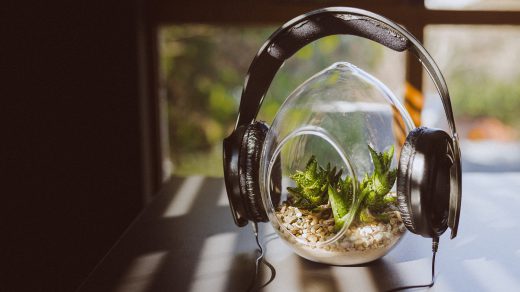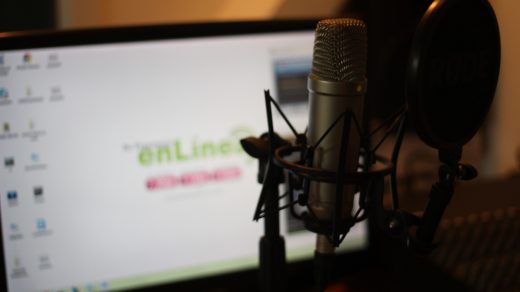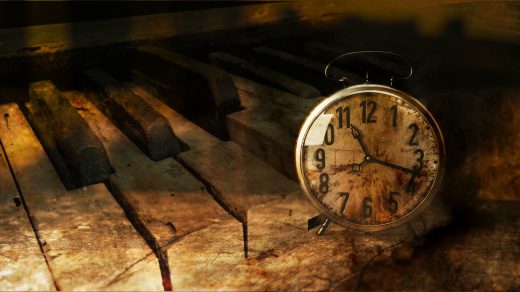Music today is easier to record than ever before. Music can be learned from any device having an internet connection. Today, that means your fridge, even. Even though it would be impractical to learn playing music from a fridge, a mobile phone would suffice. Radio stations promote new music, but in order to get on that radio station, even a local one, you need to go through some steps.
Learn Music

Learning music completely is, of course, impossible. Grasping one instrument is a different story. There is more to music than playing an instrument. You can become a producer, in which case, you should stick with software, rather than instruments. You can also become a composer, in which case you may have to work with other musicians, unless you want to do everything yourself, like Mike Oldfield when he wrote Tubular Bells.
Be consistent in your choice, because learning music, whichever aspect of it you choose, takes time and patience. Not everything is going to come overnight, especially not a good tune. You will make mistakes, stumble and be enraged, but all those emotions are just part of learning, well, everything. Consistency is key.
Realize the Importance of Marketing

Today, every music creator has a social media account, some of them, multiple ones. You definitely need an account on a music or video sharing site, like YouTube or SoundCloud. You have to share your own content. Pick a site which allows for higher quality audio to be uploaded. Some sites often compress the audio, losing you the details you worked so hard on.
Regarding social media, you should have an account, always linked to your YouTube or other sound and video sharing site, so that you gain followers everywhere. You should use the social media to update your fans on any new release.
Connect with Others

People love collaborations, just think of the top 10 anime duos memes or something along that line, and you will get the gist of it. Find other musicians, uprising ones or already established ones and ask them for collaboration. This works even better if you already have a song in mind, worked out and the details planned out. Leave room for the other person’s input.
If you do not plan on contacting other musicians or composers, find the PR accounts of publishers and get in touch with them. That also goes for producers or anyone involved in the music industry, whose help you might need.
Accept the Criticism – Filtered, Of Course
Criticism is what drives change. Be mindful of which criticism you accept. Some people might say that your music is awful, which is not saying much other than their subjective emotional response. If a person says that your music could use a touch on the bass notes, you played out of tune or missed a couple of notes, then that could very well be true. Criticism helps, so do not be afraid of it. Nobody started out as a perfect musician, and the growth of music is built on failures and improvement.



